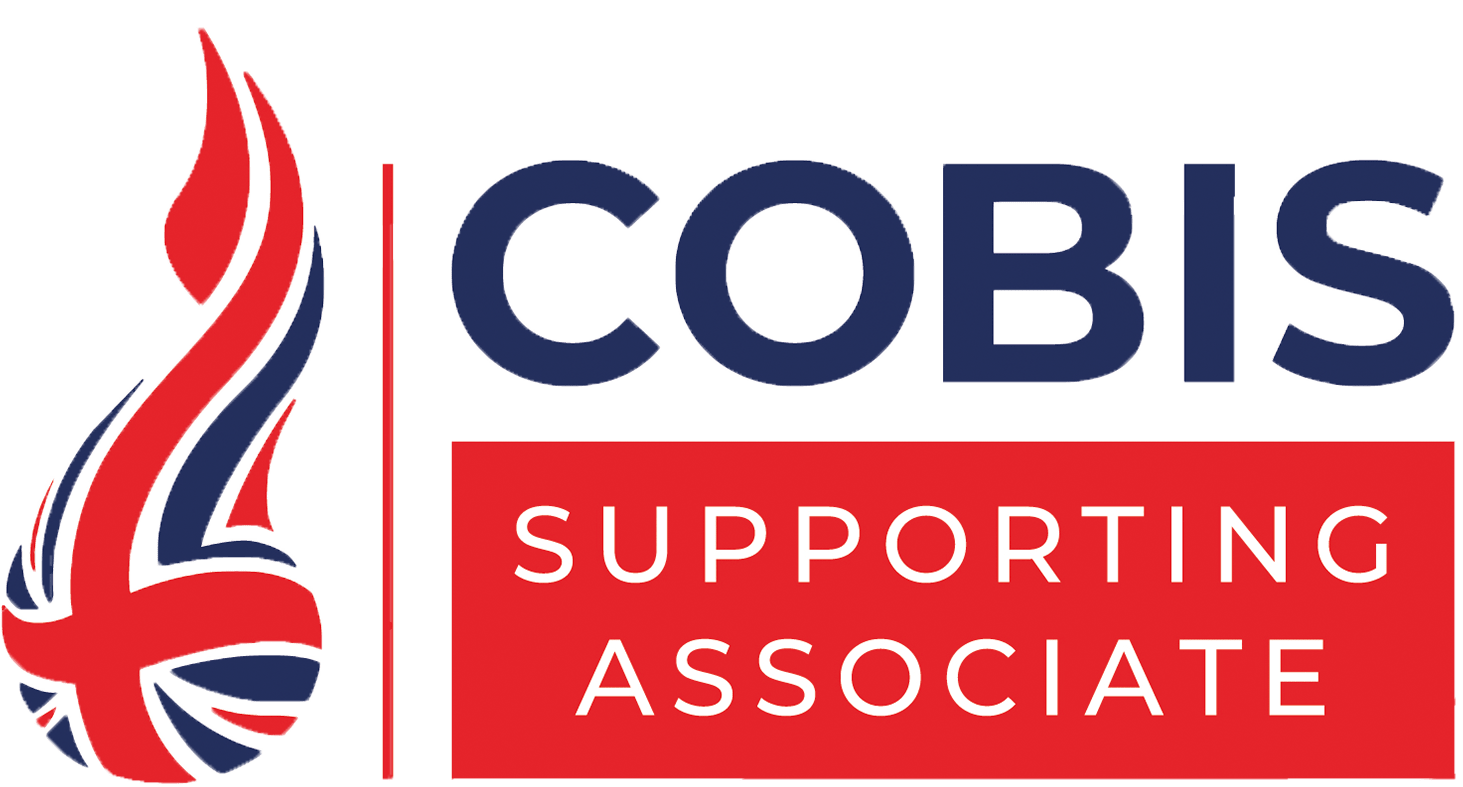Are you ready for the Great Teaching Toolkit? Try the Rob Coe readiness check.
A membership to the GTT aims to support schools to improve the attainment of learners by enhancing the quality of teaching. However, the package of resources, courses, and feedback tools, coupled with the approach of teachers working collaboratively through development cycles, is not your standard professional development offering. It’s Continued Professional Development (CPD) but not as you know it!
Although the Great Teaching Toolkit is available to all, not every school is ready for it – and that’s ok. Every school is on its own journey. But how do you know if your school’s culture, philosophy, and priorities make the Toolkit a good fit for you now?
To help answer this question, EBE’s Director of Research and Development, Prof. Rob Coe, has created a 10-point ‘readiness check.’ If you align with more of the statements in the left-hand column of the table, then the Great Teaching Toolkit is probably for you!
| You should definitely take a look if… | Probably not for you if… |
|---|---|
| You try to follow the evidence and would never adopt a practice that went against the evidence, however many other schools were doing it. You are naturally wary of fashions that come and go. | You generally like to be in step with other schools; standing out from the crowd feels like a risky place to be. The fact that most others are doing something or that you have always done it that way is justification enough. |
| You know the public accountability metrics are important, but they are always second to genuine outcomes: pupil learning, wellbeing, life chances. You are aiming for authentic, sustainable improvement. | Your main priority as a school leader is to meet the requirements for inspection and published accountability metrics. |
| As a leader, you take time to understand a problem and its causes and to think through all the consequences of any action, even if this makes you slower to respond. | You think it is important as a leader to be decisive and act positively, even when it is hard to be sure your actions will be effective. |
| You make it a priority to evaluate and monitor, never assuming that well-intentioned actions will have good outcomes, but always looking for evidence in both directions. | You seldom give much thought to how you can evaluate your decisions and assess whether they really helped: once it is done, it is done. |
| You know that genuine change is slow: there are no quick fixes. Real change is gradual, incremental, and hard-won. You understand that what feels good, especially in the short term, is a poor guide to what is effective. | You think outcomes can be improved quickly with a few relatively simple interventions. You want any changes to pay back immediately so you can feel the impact right from the start. |
| You believe in an improvement mindset for everyone: every aspect of our performance can be better, no matter how good it is already. Everyone can improve, however good they are. | You tend to focus any support for improvement on underperformers. |
| Your school improvement strategy is mainly about developing the expertise of all staff. In particular, teacher expertise is what makes the most difference to the most important outcome: pupil learning. | Your school improvement strategy is mainly about identifying weaknesses and putting in place interventions to address them. |
| You see effective teaching as dependent on the expertise of the teacher. Part of that expertise is the ability to adapt and respond: to exercise judgment.
You recognise that teachers’ autonomy should operate within a structure and be proportionate to their individual and collective expertise, but you value autonomy as a core part of the role of a teacher. |
You see effective teaching as made up of a set of practices that every teacher needs to follow. Embedding common routines that everyone uses gives consistency and raises standards.
Consistency and routine are more important than autonomy. |
| You believe that professional development is the key to school improvement and should be the top priority, with all other activities (including meetings and directed time) designed around it.
You find the current allocation of 30 minutes per week for professional learning insufficient and prioritise increasing this time by displacing less valuable activities. |
You believe that CPD should fit into the existing annual timetable rather than having the timetable designed around it. You consider the average time a teacher in England spends on CPD (21-30 hours per year or about 30 minutes per week) to be reasonable given the other pressures and challenges teachers face, making it difficult to allocate more time. |
| You see feedback as one of the most powerful agents of professional learning for yourself and others. You make great efforts to get as much feedback as you can on your own performance, since you recognise that your perceptions are selective and distorted. You encourage colleagues to do the same. | You don’t go out of your way to seek feedback about your own performance. Although you are happy to give feedback to colleagues, you have not thought very much about how such feedback is received and acted on or whether it helps them to be better. |
If you think the Great Teaching Toolkit could be a good fit for your school’s culture, philosophy, and priorities, book a call with us, we would love to have a chat.






This is a very thought provoking list. However, specifying ‘schools’ rather than ‘setting’ (or similar) sadly implies that none of the reflections ever occur FE Colleges – they do! It would be great to feel more inclusion in the conversation – or maybe by our exclusion we need to assume the GTT isn’t suitable for teachers and students who choose a different menu of education?
Thank you for a valid point, and the way you’ve made it. It’s useful to hear that you think there is relevance to FE, we would expect but not assume that to be the case. The GTT is used by FE Colleges and the language we use is purely through habit – we need to work on this. Thanks again for the comment.